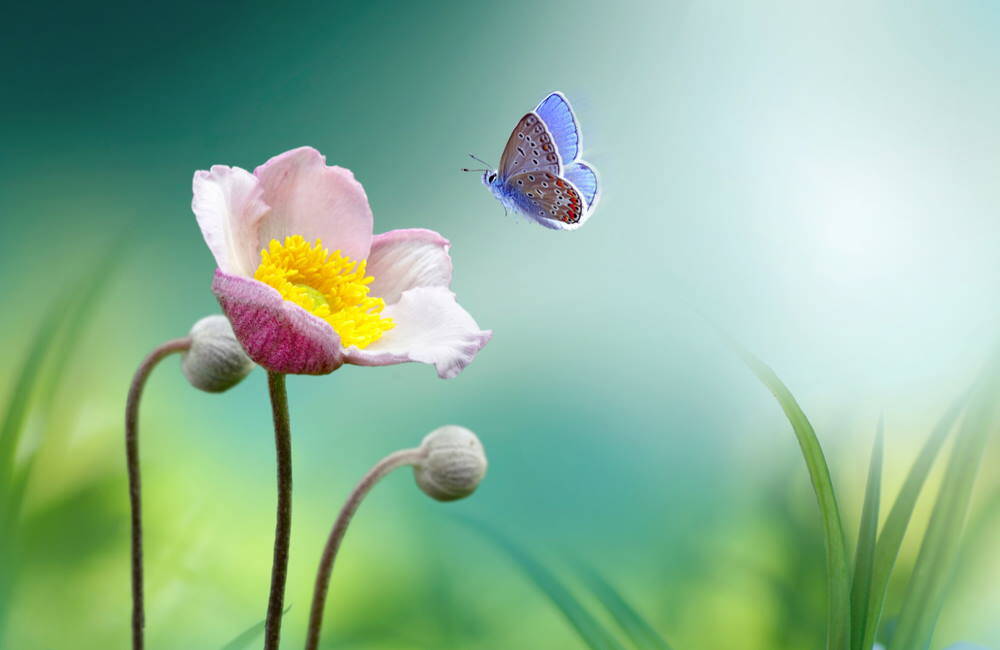What Nature Can Teach Us About Accepting Imperfection

In nature, there is no judgment, comparison of the other, no right nor wrong, it just is. We may judge how the garden looks, but instead of ripping it apart, we continue to nurture it. The Hope Grows focus for the month of July is accepting imperfections.
As a gardener, looking into the garden and beyond the hard work is a part of gardening. Let me explain: I work for hours organizing, digging, amending, planting and then creating, nurturing and pruning, all to give a display of beauty. Then comes along a hard rain or days of scorching sun, and low and behold, a portion of my efforts in the garden have changed.
So, then why garden? Why do gardeners spend hours of time and money cultivating the earth? For what? Image? For me, it is all for the love of digging in the dirt and being able to nurture something. So, how does this relate to acceptance of imperfection?
The Restorative Power of Gardening
Accepting Imperfection By Finding Its Beauty
In nature, there is a beauty about the imperfections that it provides. I may judge the plant or flower that I cultivated, but in the end, there is total acceptance of the results of my hard work. I surrender control of it because I cannot do much to change the outcome. What is in my control, is how I let it affect me.
There is a lot to discover about ourselves in nature. If you think about natural living things, including us, they have been designed perfectly to fulfill their purpose in life. Just as with the body of a creature, plant or flower, all-natural living things have an innate sensory attraction to each other based on the outer color, shape, size, and pattern. In fact, this is critical to the health and survival of the living thing and the natural network of its life.
Think about a hummingbird. They are more attracted to red tubular-shaped bodies of flowers than to other types of flowers. It has nothing to do with the hummingbirds’ personal feelings or opinions of the other types of flowers, but of its innate need to survive.
How to Find Your Higher Purpose in Life
Never Judge a Book By Its Cover
With humans, comparison of others may appear to look like prejudice or bias, when it might just be self-defense, self-protection and survival. Or is it just the inability to accept imperfection within ourselves?
This reminds me of Stephen Cosgrove’s quote, “Never judge someone by the way he looks or a book by the way it’s covered; for inside those tattered pages, there’s a lot to be discovered.” In the garden, we don’t compare the flower to another type of flower, we just accept the flower for its natural organism. So, the next time you are outside in nature, use your senses, (sound, smell, touch, sight and taste) to appreciate and accept what is in front of you. It just might help with accepting your own imperfections.
Get Our Free Self-Care Suggestions
